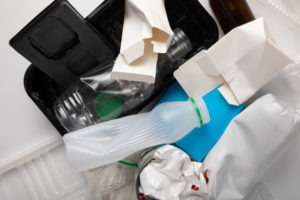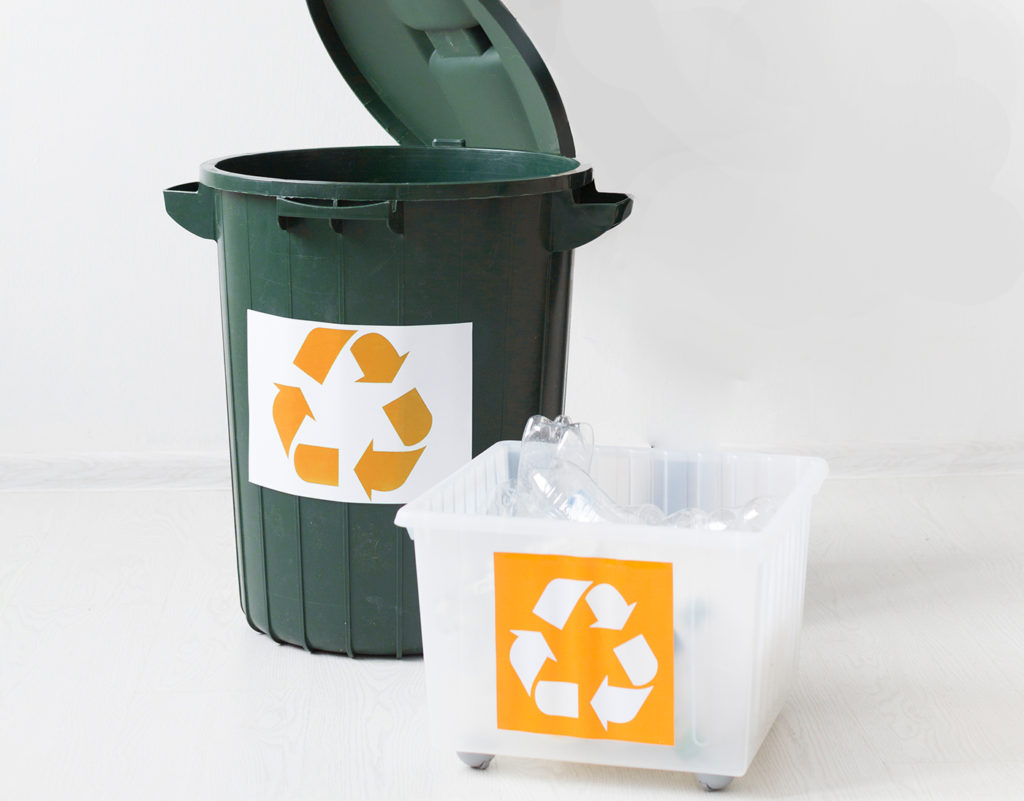
In a recent question and answer at Downing Street, the Prime Minister told the audience of children that recycling plastic “doesn’t work” and “is not the answer”. However, we amongst many other industry and environmental experts are in disagreement with these statements and prepare to share evidence on just how well recycling and waste segregation words to help create a circular economy and a cleaner planet.
Recycling is the process of converting waste materials into new materials and objects. The recovery of energy from waste materials is often included in this concept. By recycling it means there is little or no need to produce, manufacture or create new materials, as instead, the waste is being repurposed – thus avoiding being sent to landfill.
The Importance of Waste Segregation
Recycling your waste will help to reduce the levels of raw materials needed to create new products, it will also reduce the levels of energy, gases, water, and land used to produce these new items. For example, at a fundamental level recycling paper and wood saves trees and forests. Recycling materials and converting them into new products take up far less of the earth’s resources than producing these items from scratch.
Recycling reduces the need to grow, harvest, or extract new raw materials from the Earth. This results in the reduction in harmful disruption and damage being done to the natural world: fewer forests cut down, rivers diverted, wild animals harmed or displaced, and less pollution of water, soil, and air.
In particular, the Prime Minister targeted plastics when claiming recycling doesn’t work – however, recycling plastic has great and beneficial effects on the planet. Not only will recycling plastic mean less virgin plastic being produced from fossil fuel hydrocarbons, recycling plastics is also a great waste management technique. Good waste management is key to living a cleaner, greener, and more resourceful life – every type of waste must be treated differently, and wherever possible recycled. Recycling materials will also mean that fewer items are wrongfully being sent to landfills, littered, or mistreated – again helping create a greener planet.

Going a step further it is important to ensure you are segregating all your waste to best support a more circular economy. This involves understanding the different types of waste, and how / where they must be disposed of in terms of recycling. Different local authorities currently have different collection strategies, it is important to understand your council’s waste collections to know which bin is best for which waste type. Mixing two or more different material types in a recycling bin can cause contamination to the entire batch of recycling and major problems during reprocessing – so it is vital that care is taken when waste disposal, ensuring correct waste segregation.
Recycling is a great way to live a more environmentally friendly life, and coupled with good waste segregation and management tactics, you can help the world become a far more resourceful place for us all to live both now and in the future.
Keep an eye on our blog for more advice on how to best handle your waste.